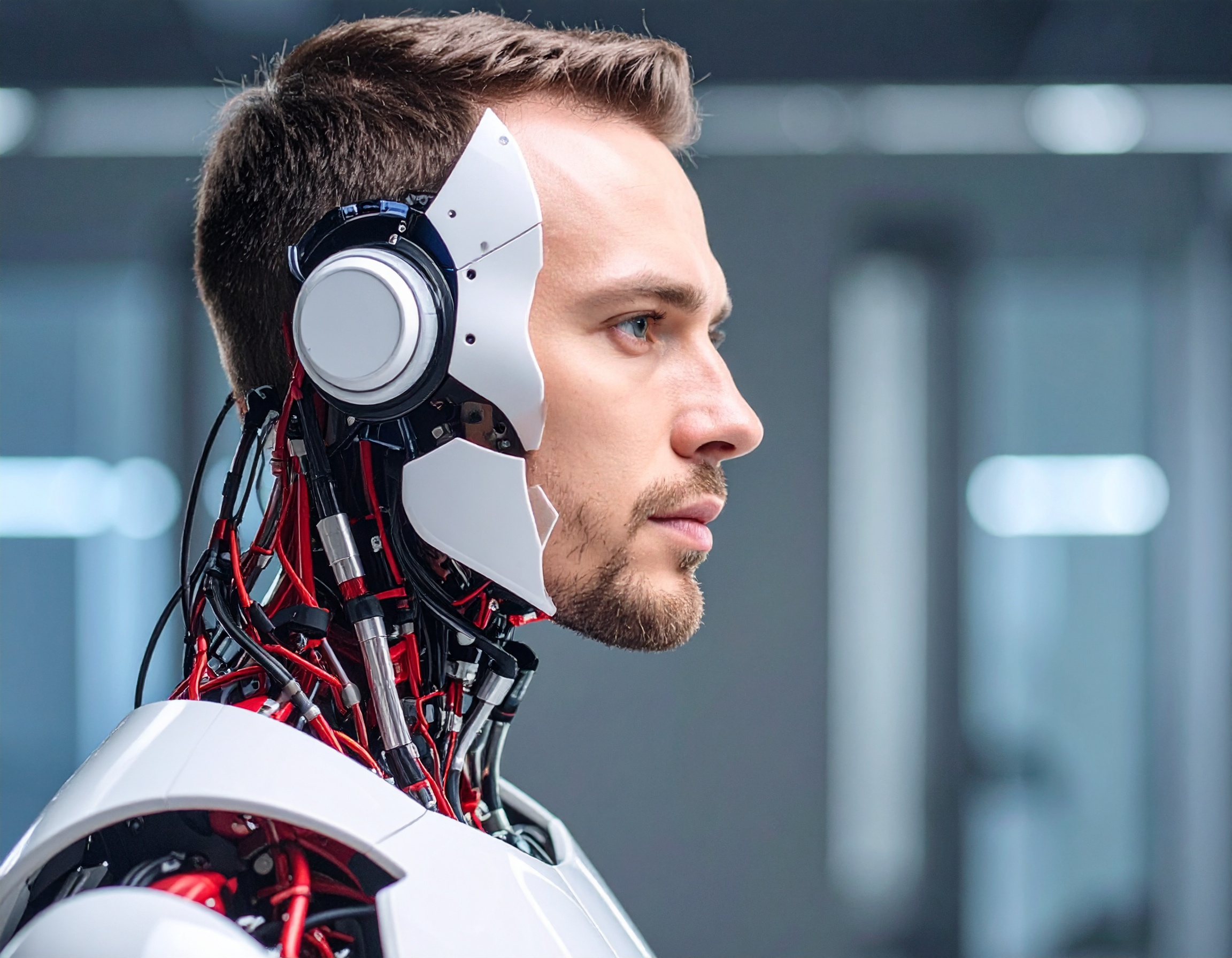Revolutionizing Healthcare: The Rise of Intelligent Agents in Medical Practice

In recent years, the integration of intelligent agents, or healthcare robots, into medical settings has heralded a new era in patient care. These non-human workers are not only undertaking routine tasks but are also providing emotional support to patients, enhancing surgical precision, and improving overall healthcare experiences. From surgical assistants like the da Vinci Surgical System to service robots delivering medication and companionship, their presence is transforming healthcare delivery in profound ways.
One of the most significant developments in this realm is the advancement of surgical robotics. Cutting-edge systems such as the da Vinci Surgical System are revolutionizing surgical precision and control, enabling minimally invasive procedures that are particularly effective for complex conditions like aortic valve stenosis disease. By reducing the need for large incisions, these technologies contribute to shorter recovery times and lower risks of complications, ultimately improving patient outcomes.
Furthermore, the integration of intelligent agents into healthcare settings is not only streamlining processes but also making them more humane. For instance, service robots are alleviating the burden on healthcare professionals by handling tasks such as medication delivery, allowing human staff to focus more on direct patient care. Additionally, companionship robots are providing emotional support to patients, particularly in settings where human interaction may be limited, such as long-term care facilities or hospitals with high patient volumes. These interactions not only enhance patient well-being but also contribute to a more positive healthcare experience overall.
In essence, the rise of intelligent agents in healthcare represents a paradigm shift in medical practice. By leveraging automation and robotics, healthcare providers can deliver more efficient, precise, and compassionate care to patients. As technology continues to evolve, the potential for further advancements in this field is vast, promising continued improvements in patient outcomes and healthcare experiences.
Key Highlights:
- Integration of intelligent agents, or healthcare robots, is revolutionizing patient care by undertaking routine tasks and providing emotional support.
- Advancements in surgical robotics, exemplified by systems like the da Vinci Surgical System, enable minimally invasive procedures, reducing recovery time and complication risks.
- Service robots are streamlining healthcare processes by handling tasks like medication delivery, allowing human staff to focus on direct patient care.
- Companionship robots are providing emotional support to patients, enhancing well-being and improving overall healthcare experiences.
- The rise of intelligent agents signifies a paradigm shift in medical practice, promising more efficient, precise, and compassionate care for patients.
Reference:
https://menafn.com/1108189736/Robots-In-Healthcare-Whats-New-Robotics-Automation-News


